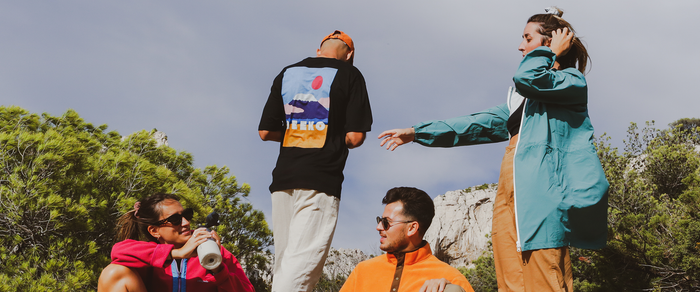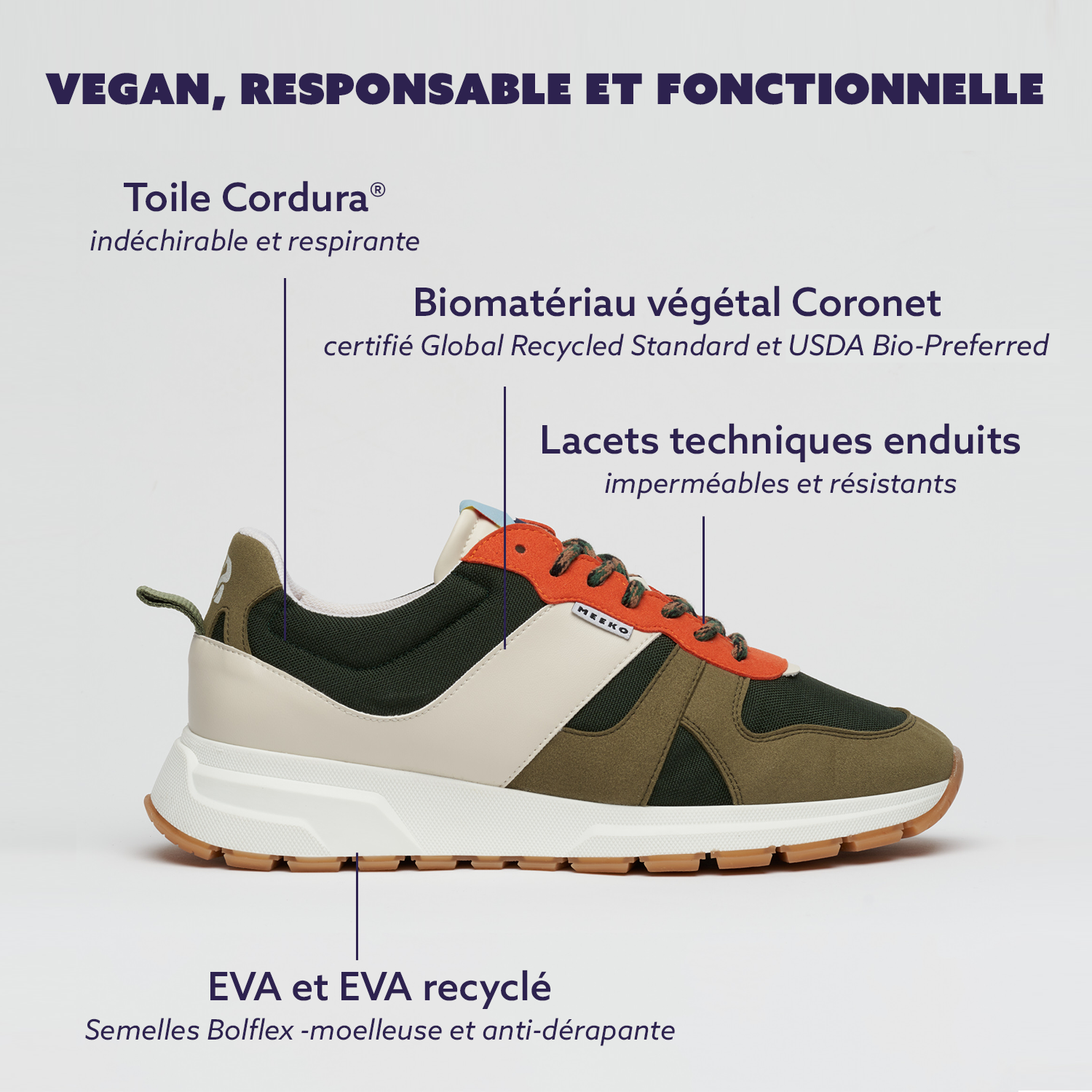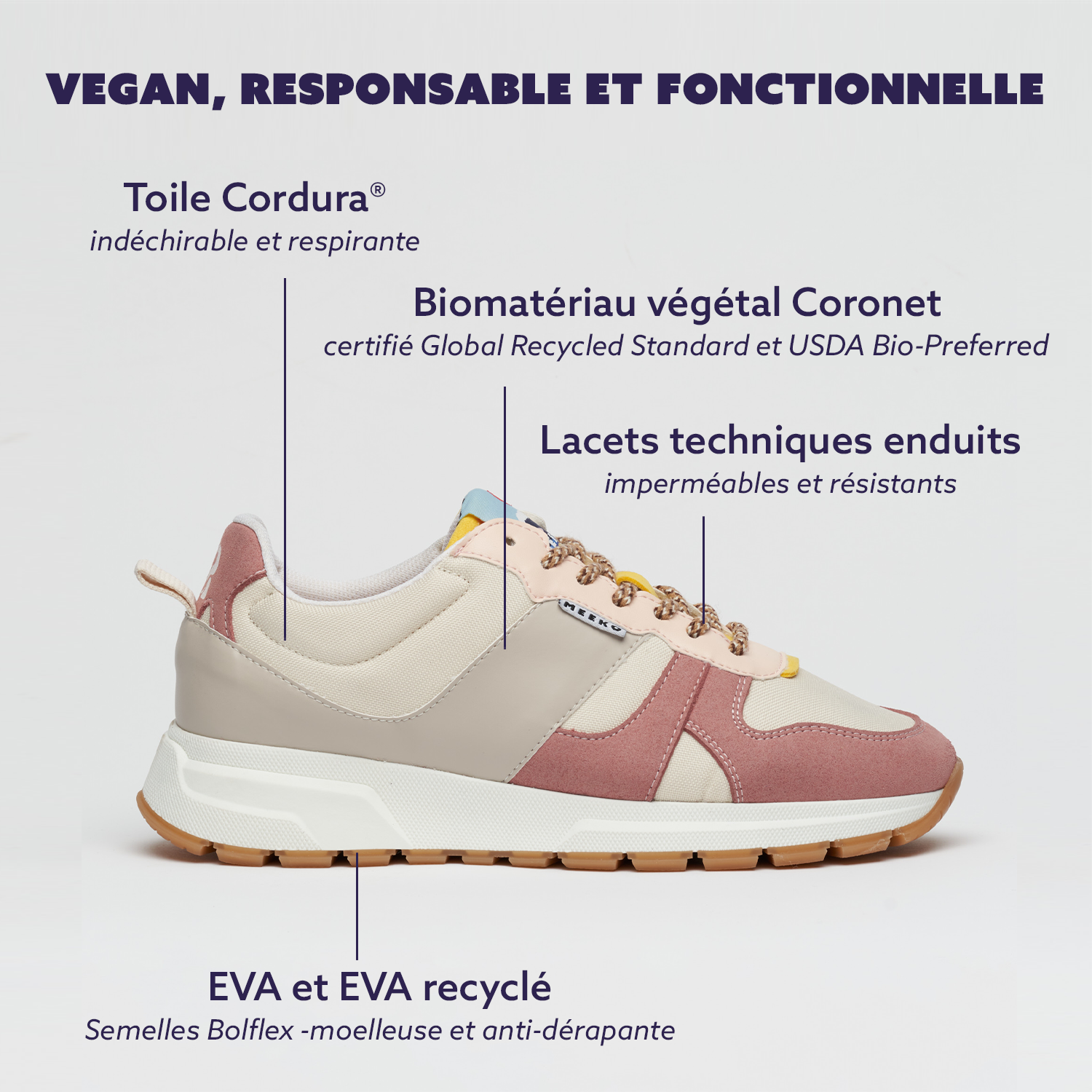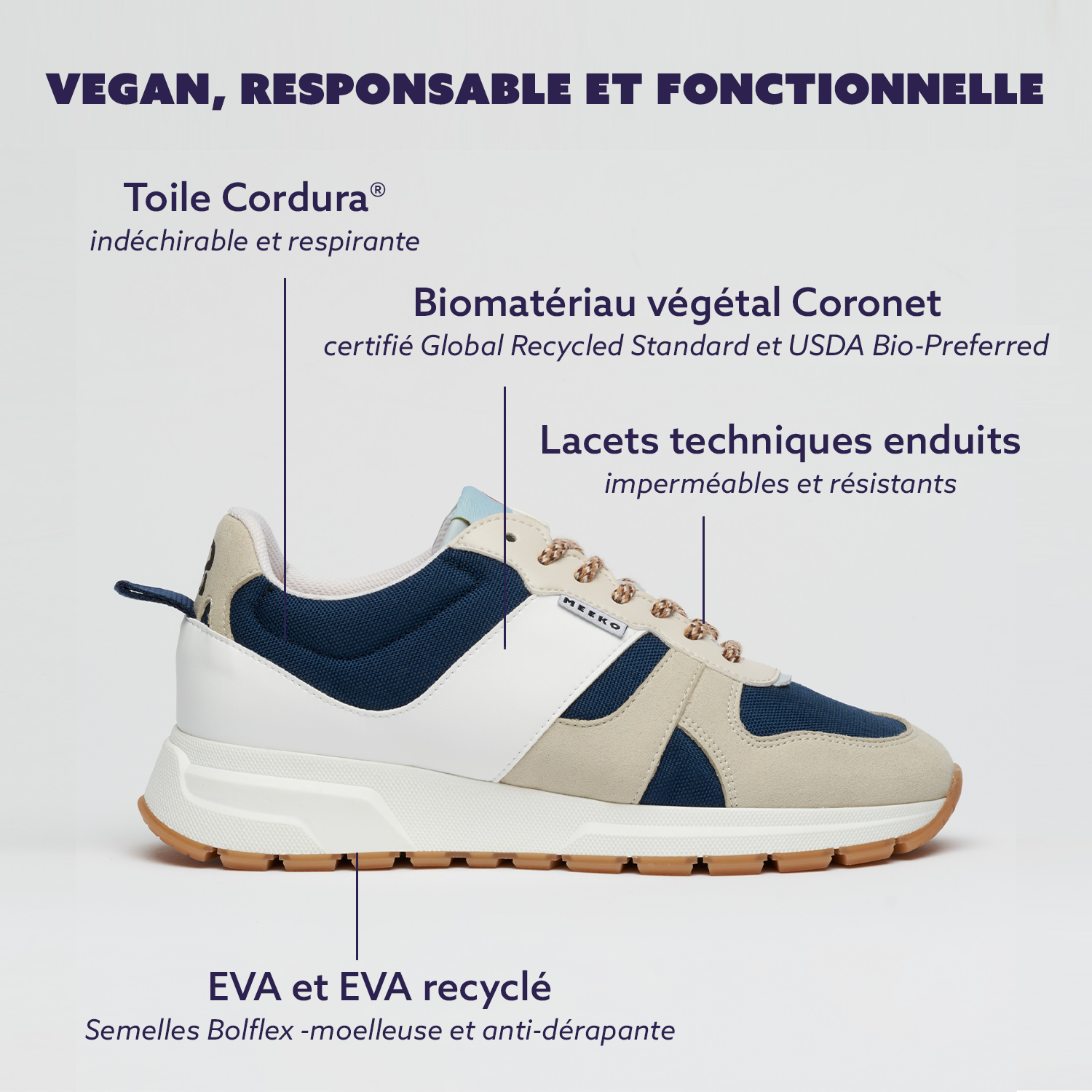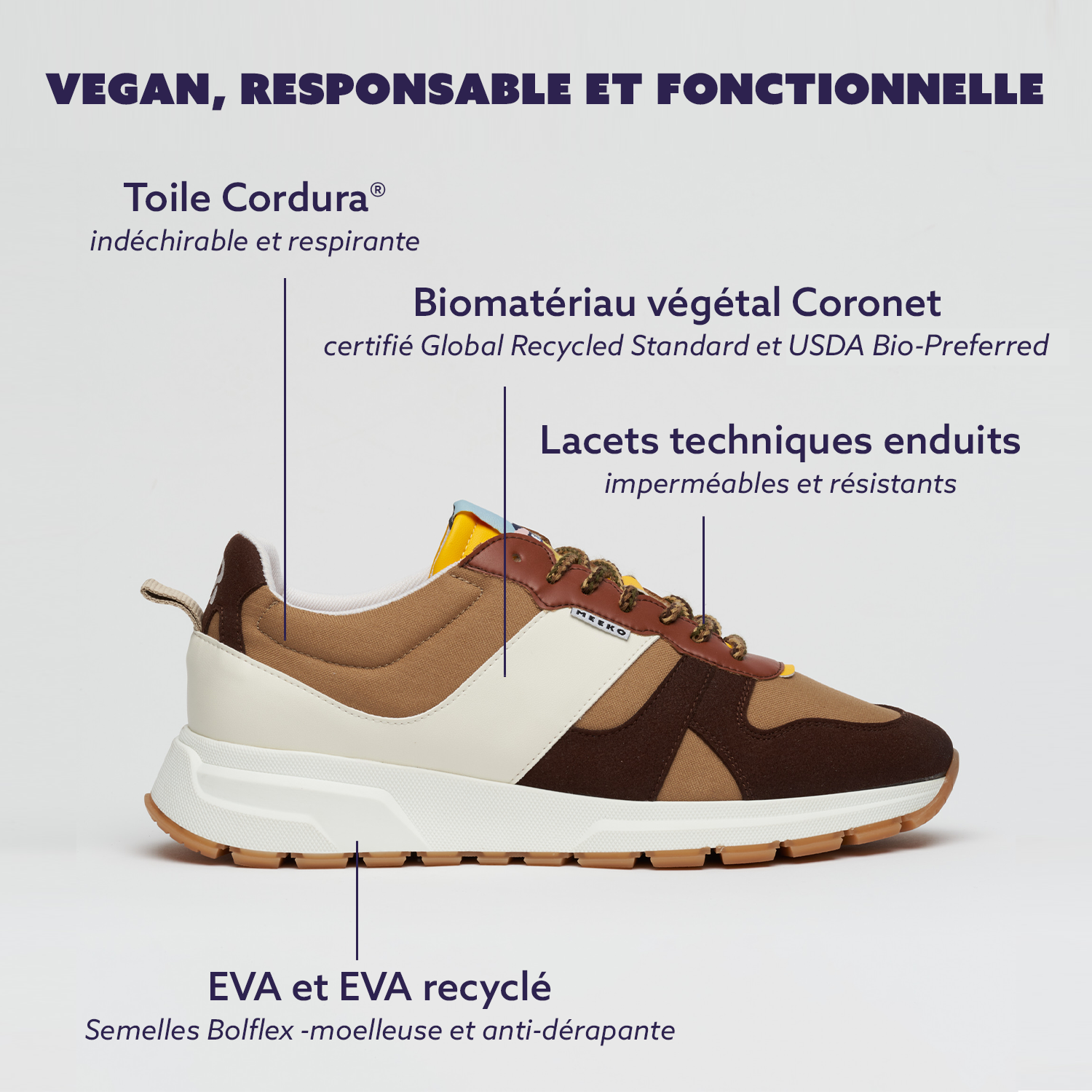Focus on Sumatra & the 1st NGO with which we are developing an impact project
Sumatra
Sumatra is an Indonesian volcanic island, the westernmost of the country. The island is gigantic (a little smaller than France) and difficult to access, its roads struggling to make their way through the many reliefs of the island. Sumatra is home to one of the last primary forests in the world, rich in exceptional fauna and flora. The Sumatran orangutan (divided into two subspecies), the Sumatran tiger, the Sumatran elephant and the Sumatran rhinoceros are all endemic species in critical danger of extinction. Its coastline is just as rich with many corals and underwater species, some of which are also highly threatened (including the sea turtle). Sumatra is a symbol of the magnificent biodiversity of our planet unfortunately threatened by Man. The island is still well spared by mass tourism and its misdeeds and some national parks are protected. Despite everything, most of the natural areas are still strongly impacted by scourges linked to human activity: legal or illegal deforestation (palm oil cultivation, drilling and gold extraction), poaching (especially for Chinese medicine or for the illegal market of exotic pets), conflicts with local populations (tiger attacks or destruction of plantations by monkeys or elephants), waste management (especially plastic which is an ecological disaster there, here also by the way). The stage is set, now we can introduce you to the SRI.

The tropical forest of Sumatra, thrills guaranteed...
THE SUMATRA RAINFOREST INSTITUTE
The Sumatra Rainforest Institute (SRI) is an 8-year-old Indonesian NGO based in Sumatra. It is a local NGO with around twenty employees and offices in Medan (the main city in North Sumatra) and in Padang Sidempuan (a city lost but which seems to be an economic crossroads in the region).
Its director Rado (we'll spare you the first name in the local language) is a pure Indonesian in his forties, with a master's degree in biology and has always invested in the protection of the natural resources of his island. He started his career in international NGOs where he learned the trade and discovered the workings of these structures. If research and awareness-raising work is essential (and very well done by these NGOs), Rado deplores the lack of concrete action on the ground and the lack of consideration of local populations who are nevertheless those who maintain the most (positive or negative) with the forest. Based on this observation and seeing the situation deteriorate, he decided to create the SRI whose main mission is therefore the protection and conservation of this primary forest.
The large area of the island and the limited financial means of the SRI unfortunately limit Rado and his team who can only cover three regions of the province of North Sumatra (North, Central and South Tapanuli regions), which nevertheless represent 375,000 hectares. This area is home to the Tapanuli orangutan (less than 800 individuals), the Sumatran tiger, the pangolin and the hawkbill turtle. The elephants are found more in the south of the island or in the province of Aceh (the northernmost), as are the few remaining rhinos whose exact location is kept secret by the government to protect them from poaching. The SRI plans to cover the province of Aceh as soon as it has more resources. In order to be able to develop its projects, Rado explains to us that it has a two-level strategy: proposing small local projects and obtaining subsidies from the government or via partnerships with local eco-responsible companies + soliciting international donors. Last year the SRI was able to invest the equivalent of $200K to carry out its various projects. The aid received can be financial, human (volunteer) or material. In order to perpetuate the projects when the dedicated funds are exhausted, the SRI systematically cultivates small coffee or durian plants (rather expensive local fruit) around the areas it protects. The sale guarantees a sufficient source of income to sustain the project. Today the activity of the SRI is divided into 4 main fields: the restoration and reforestation of the forest / the protection and conservation of endangered species / the education and awareness of local populations / politics. These topics are obviously closely related.

With Rado (yellow polo shirt) and part of his team on a reforestation site.
Fight against deforestation
Deforestation resulting from human activity is one of the main scourges of the island. If the palm oil business is pointed out from Europe, it mainly rages on the island of Borneo and not in Sumatra whose important reliefs do not allow its cultivation. Here it is the gold that justifies cutting down hundreds of hectares of forest. The problem comes mainly from large local or foreign companies investing in the region. Some farmers also claim unprotected land to grow coffee, cocoa, or any other food that will allow them to live, but this is a tiny part of the deforestation that hits the island. This is one of the main topics to be addressed for the SRI, either through projects directly initiated by the NGO, or through partnerships. Rado explains to us that it was recently commissioned by a Sino-Indonesian geothermal company within the framework of a government law obliging it to replant an area equivalent to that required for the construction of their power plant. Beyond this legal obligation, this company is committed to the protection of the forest which provides them with the natural resource necessary for their activity. The hot springs enable them to supply much of the island with green energy. After studying the profile of the company, the SRI agreed to collaborate with them and set up this reforestation project. Arriving on the site, one is struck by the contrast between the plant and the surrounding forest, it's hard to imagine that the two can live together with respect. But it is. Recreating such an ecosystem is much more complex than it seems, it is not enough to replant trees where there is room. The SRI must first work on restoration, i.e. study the characteristics of the forest (the distribution of its fauna and flora, its diversity, its soil) before growing samples in a greenhouse in preparing them for the new characteristics of their future soil. This work takes several months and requires testing phases before being able to plant the “baby plants”. If there are no errors and the optimal conditions are met, it will take about ten years to have the beginnings of a tropical forest, its fauna and flora. The SRI is currently working on 25 blocks of one hectare each with this company. Rado explains to us that this type of project is much easier to set up with foreign companies on which the government manages to put pressure than with Indonesian companies which use their political relations to circumvent their ecological obligations.
Protect endangered species
The other major field of action of the SRI concerns the conservation of threatened forest species. Communication is mainly focused on species such as the tiger, orangutan, elephant or rhinoceros, which are more popular with the general public and therefore more likely to generate empathy (and therefore donations). These species are called “umbrella species” because protecting them amounts to protecting all the fauna of the forest. Acting in favor of the orangutan will, for example, have an impact on the pangolin or other lesser-known species of monkeys. When a species is identified as threatened, the SRI carries out a preliminary research investigation in order to identify the causes of the danger, the areas at risk and to collect numerous data. This work takes several months and makes it possible to build a file supported by data to obtain funds. It will then make it possible to set up a relevant action plan according to the threats. We spoke above of deforestation, the two other main threats are poaching (for commercial use) and hunting by local populations (mainly in repressive measures). Many species are illegally killed or captured for resale on the black market, with very different uses (mainly Chinese medicine but also hunting trophies or domestication). To prevent this danger, it is necessary to install surveillance posts in areas where the animals are most vulnerable (easy access for humans) as well as the establishment of regular patrols of rangers who deter hunters and withdraw The traps. This is the way chosen by the SRI to limit the risk of poaching in the Tapanuli region. Some NGOs like the WCS prefer infiltration by posing as buyers on the black market before pinning down the sellers and trying to go up the networks. The killing of wild animals by local people is also a real problem. Cohabitation with the animal is often very complicated, as we can observe in France with wolves or bears. The conflict can come from the fact that certain species (elephants, orangutans, etc.) are likely to involuntarily destroy plantations, very often the only source of income for the inhabitants close to the forest. The farmers then do not hesitate to take out the gun and kill the animals in question (a year ago, Rado and his team tried to save an orangutan riddled with 40 bullets, in vain…). When it finds an injured animal, the SRI contacts a partner NGO that has the emergency medical equipment needed to repatriate it to the nearest center (often located in Medan). The tiger poses a completely different problem. When his usual food is lacking (men hunting wild pig and deer), he can venture into villages and kill a man. This happens several times a year and when it does, locals are allowed to kill the animal because "a tiger that tastes human flesh will kill again, that's for sure". Here again, surveillance posts installed in the "hot spots" (where the tiger is likely to leave the forest) are effective in preventing the encounter between man and the animal. Otherwise effective means exist to resolve the conflict without killing it. The SRI, for example, provides cannons whose violent sound scares the beast away. Residents are also trained in the use of hypodermic guns to be able to put him to sleep before the intervention of the SRI teams. The tiger protection program is recent for the SRI. While dialogue with the villages concerned and education are already underway, the NGO is still seeking additional funds in order to be able to build the surveillance posts mentioned above. A similar program for the protection and conservation of orangutans has existed for several years. More recently, the SRI started a new project to bring together two groups of orangutans separated by a human village and threatened with consanguinity due to their isolation. After in-depth study of the situation, it was decided to work on the construction of a “natural” corridor crossing the river upstream from the village in order to allow these two groups to mix. In the North-West of the region, the SRI has a small team accompanied by volunteers to protect sea turtles, particularly during the egg-laying period when babies are coveted by poachers for resale.

A male orangutan spotted on a jungle trek. Better than in Mowgli!
Educate and sensitize local communities
The education and awareness of local populations, especially young people, is one of the major challenges of the NGO. Indeed, if raising the awareness of the rest of the world is important, it is the locals who live closest to the forest and who have a direct impact on it. In these regions, many children do not have access to school and will end up growing coffee, cocoa or other exportable resources. The fact that 90% of the local economy is based on agriculture strongly threatens peaceful coexistence with the forest due to the conflicts mentioned above but not only. In fact, to cultivate these spaces, it is very often necessary to raze part of the forest and therefore destroy its entire ecosystem. The problem is that many locals don't realize the wealth resulting from the forest that surrounds them. They also have no culture of economics and do not know how to capitalize on the potential development of eco-tourism. The challenge is therefore twofold: to make these younger generations aware of the forest, its fauna and flora, to make them want to respect it, to protect it, as well as to teach them the keys to being able to benefit from its riches by setting up eco-tourism. It's a huge project as there are so many villages and the SRI struggles to reach the entire population concerned. For the moment, they have chosen to target an "influencer" in each village, a person likely to be able to reach as many people as possible (adults and children) around him and to raise their awareness of these issues. When it comes to learning to trade, it is even more complicated. What seems obvious or logical to us is not at all so for young adults. Yet they master the basics to sell their various crops but do not know how to apply these principles to other “markets”. Young people needing to earn a little money quickly and having little education, they were unable to take the risk of setting up a business of any kind. Rado explained to us that to do this, a structure would first have to employ and remunerate them and that its success would reassure the young workers who would then be better able to embark on their own adventure. We also think that a good mastery of the basics of trade would give them more confidence for this. Obviously when we talk about business here, it's about eco-business always with respect for the forest, which brings us back to raising awareness, the circle is complete.

The future of the island is these children!
Getting involved in local politics
Rado is also very involved in the political life of the region. He is a member of the "yellow" party, currently in power and which has a certain ecological sensitivity, opposed to the Communist Party. It is obviously much easier to set up local projects when you have the support of the government. Moreover, as we have seen above, these environmental issues are directly linked to education and the economy of the region. Rado therefore wishes to take part in all discussions on these subjects so that they go in the direction of the forest. At a national level, the challenge for SRI and the various NGOs in the region is to have the forest declared a Protected National Park, in the same way as its neighbor the Gunung Leiser National Park in the province of Aceh. The implications would be numerous: a ban on hunting in the forest, government protection teams, financial aid, a global facility for developing eco-tourism and therefore developing the local economy by training local guides, ecolodges, restaurants, souvenir shops, etc. Conflicts of interest with companies exploiting the forest are so numerous that discussions with the government have stalled. It took more than 10 years for Gunung Leiser Park to be declared protected. In the meantime, Rado and his team can only count on their work to stop the threats hanging over the forest.
Meeko & the SRI
We spent two weeks with the SRI team at the end of 2019. This allowed us to better understand how an NGO of this size works in the field. We realize that all the issues are linked but that to deal with these subjects upstream (and not in reaction) political support is essential. We reinforce the idea that "business" is not a bad word and that in many cases the development of eco-tourism appears to be one of the best solutions to allow local populations to live in cohabitation with the forest. We also realized that the SRI (like many small local structures) was far from the world of the media, of elaborate content that makes you want to belong to a community. Today, mastering social networks and being able to shape your projects in an attractive way is essential to reach the general public and, indirectly, to collect more resources (human and/or financial). We are convinced that the work of the SRI would easily affect those around us in France. Stopping Nutella is good… getting involved with an NGO in the field is even better 😊 . Beyond donating part of our turnover to SRI, we want to allow the MEEKO community to give their time and energy to the NGO, even from a distance. Thus, through our events (see here), we hope to strengthen our human and financial support to increase the impact of the various SRI projects in the field.
To follow the progress of our projects in Sumatra, subscribe to our newsletter at the bottom of the page!



